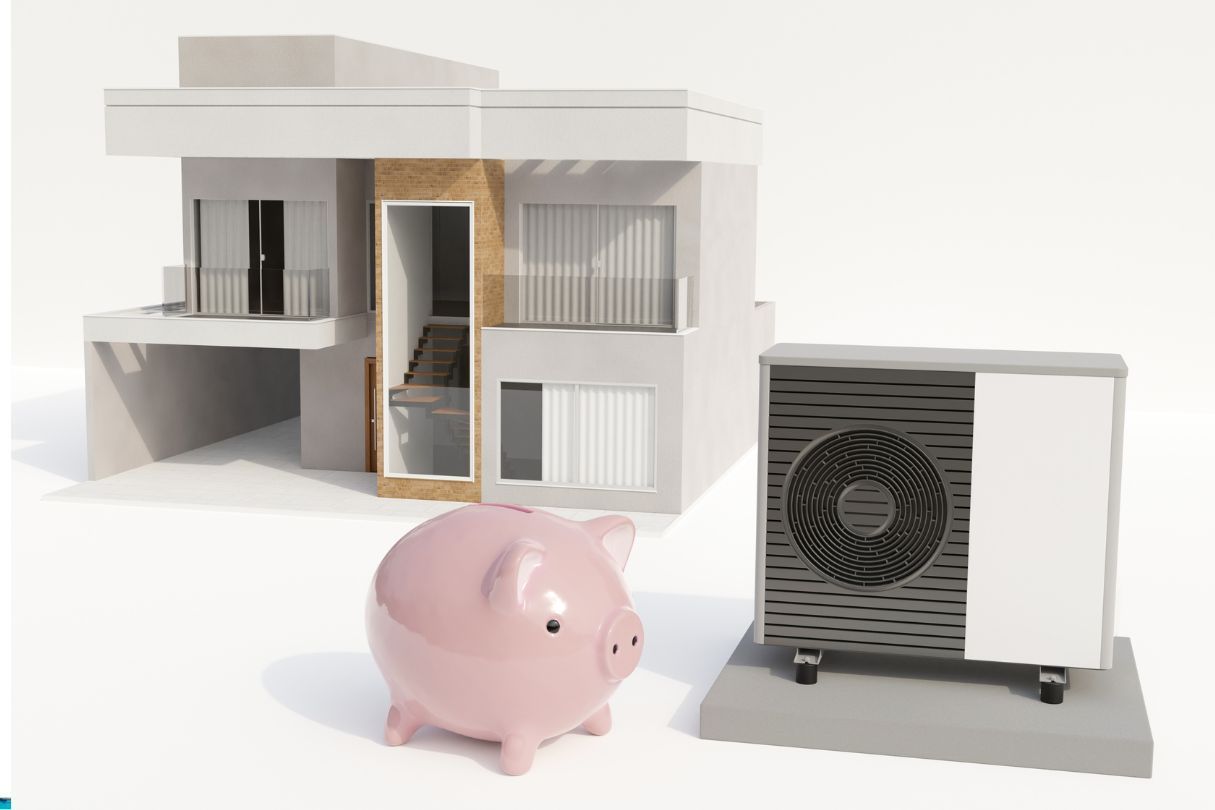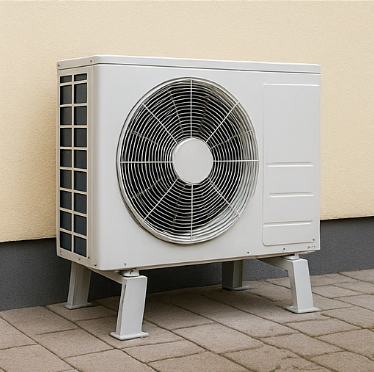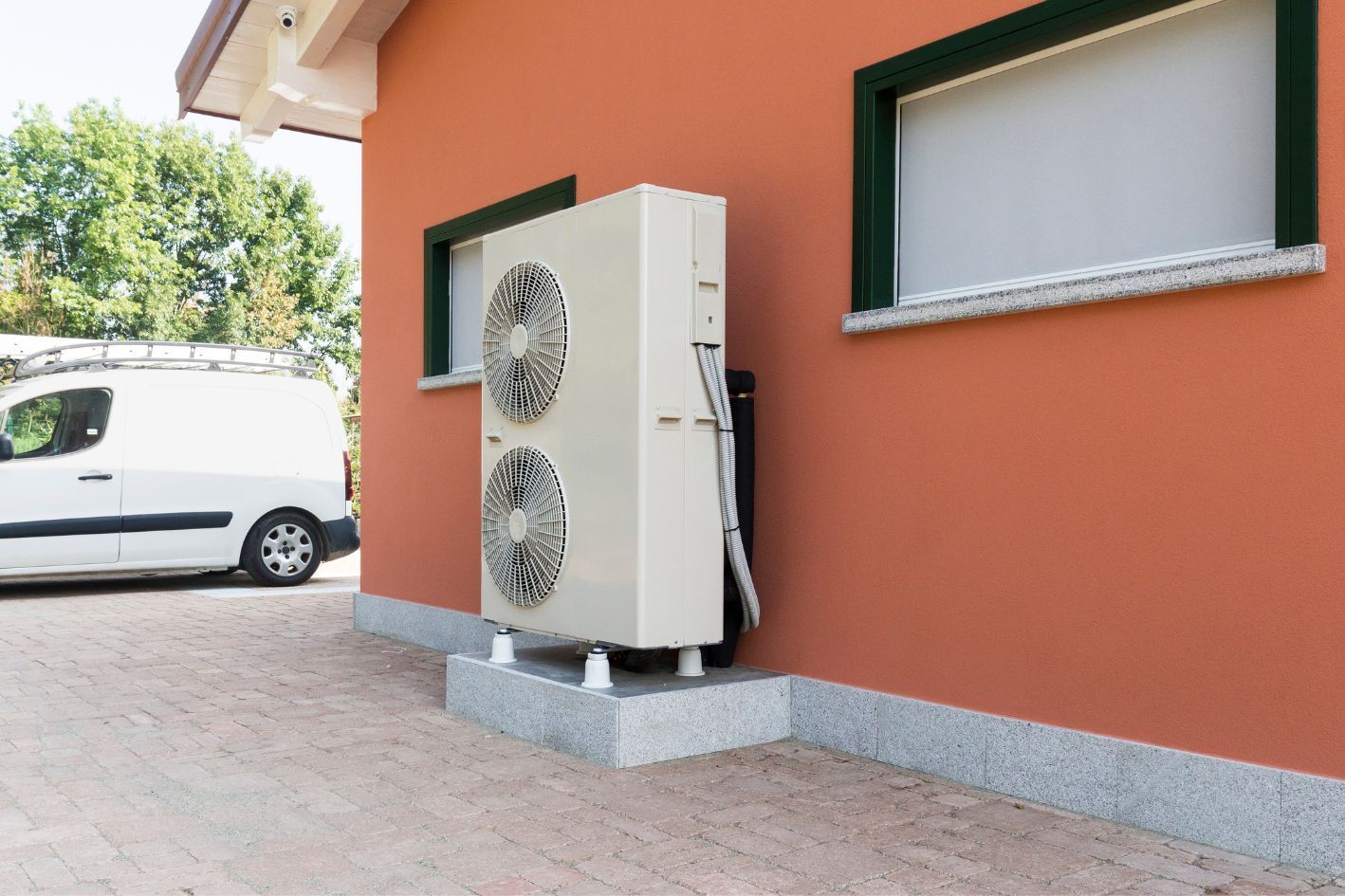Heat Pumps vs. Air Conditioners

Heat pumps and air conditioners are the two most common types of residential cooling and heating systems. There are many differences between these two systems, despite the fact both systems share the same objective, these variances affect the efficiency, cost and performance. Throughout this blog post, we will discuss the differences between these systems in order for you to make the best decision for your home.
How Do They Work?
Heat pumps are
multifunctional devices, that both
heat and
cool your home. They work by
transporting air from one location, depending on what type of heat pump it is;
air source heat pumps transfer from the outside air to your home. In the winter, heat is drawn from the outside air and
transferred indoors in order to warm your home. In the summer, it
reverses the process, extracting heat from within your home and expelling it outdoors.
On the other hand,
air conditioners
are specifically designed to
cool your home, they use a refrigerant and compressor to
draw out heat and
release it outside. Heat pumps offer a heating solution, although air conditioners
cannot.
Energy Efficiency
Heat pumps are one of the most
effective,
energy efficient heating and cooling solutions. Because heat pumps are
multifunctional and able to heat and cool your home, they are most
cost-effective as there is no need to be running two separate systems. Heat pumps are extremely efficient in
mild climates where temperatures are not fluctuating dramatically.
Air conditioners tend to be more
energy efficient than traditional systems, however they are
less energy efficient than heat pumps when supplying a cooling solution. Air conditioners are
not multifunctional and are
unable to supply any type of warmth to your home, therefore you would need two
separate systems.
Cost
Heat pumps are initially more
expensive to install than air conditioners, however their long-term energy
savings make them much more
cost-effective. As well as this, some homeowners may be eligible for tax
rebates when installing a heat pump to their property.
The price of
purchasing and
installing an air conditioner is
less than a heat pump would be. However, the
frequent costs of running an air conditioner is likely to be
higher, especially if you live in a climate with
extreme temperatures.
Maintenance & Lifespan
When
investing in a heat pump, it is suggested that you keep up with
regular maintenance in order to keep your system running at its
maximum capacity. This can involve
cleaning parts and checking refrigerant
levels. If you take proper care of your heat pump, it has the potential to last you for
15
years or
more.
Air conditioners are much the same, as with heat pumps, they also require regular
maintenance in order to function
efficiently. Depending on the
consumption and how good the
maintenance was, air conditioners can last you around
10 to 15 years.
In conclusion, heat pumps and air conditioners each have their individual advantages and downsides, each one being good for different things. Climate, energy efficiency, cost, and personal preference will all influence the decision you make. Finally, when determining which system is best for your home, keep your individual demands and budget in mind.











